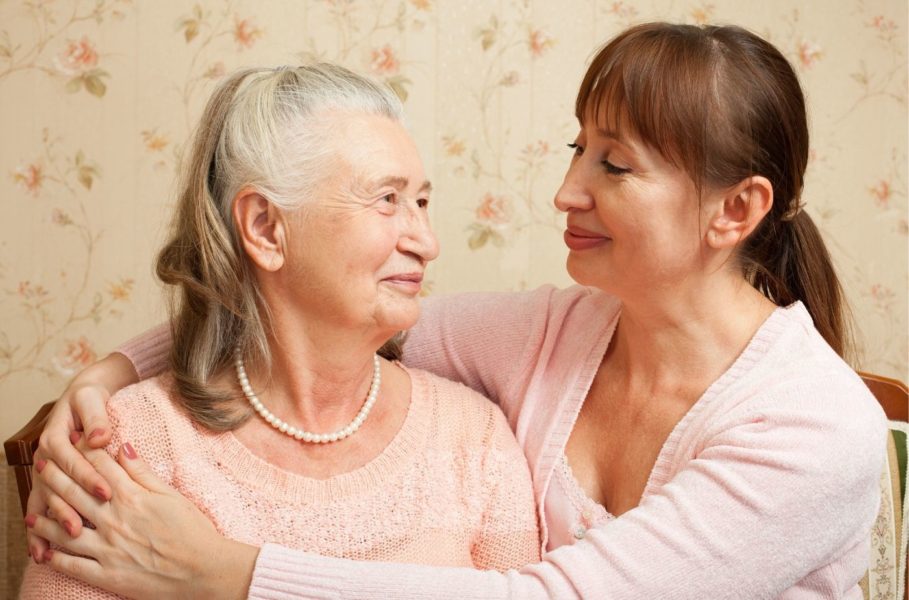Caring for the Caregiver
By Ellyn Mantell
We are at that stage of life where so many in our world are dealing with issues that require care. All are in shellshock! Those who require help were frequently the backbone of their family, their community, their businesses, and suddenly, they need care. Family members are called upon to play a different role, that of becoming the caregiver with little to no preparation. It rattles everyone, can separate and cause feuds in families, and can go in a very negative direction. But if everyone has their eye on the prize, that of supporting the one in need, there will be an amazing sense of camaraderie, and I believe, much more success. Now, more than ever, people need each other.
I want to share some thoughts with you in the event you or someone you know finds themselves in this situation:
- Help to create a plan of action, logically and without emotion. Remember to focus on what is best for the patient (or one in need, but we will refer to them as patient) Ask professionals for guidance, but let them know your resources, financially, personally and physically. Bravado doesn’t have a place here…be open and honest. Nobody can do it all, and nobody expects that.
- Bring family and close friends together and have open conversations about the direction being planned. It is dangerous to assume you know what others are thinking, and it is subterfuge for others to talk without involving you directly. Make it easy for family and friends to come to you, and do not put up a wall. Nobody benefits when that happens and too much time is wasted! Listen, gather information, keep an open mind, and then feel empowered to make decisions.
- Keep a journal of what is happening to your loved one and yourself. Being mindful of the experience and noticing how you are growing and changing is valuable. It will help with each step you take. These things are most often a process, and not “fixed” on the schedule we desire. Additionally, for the patient, knowing what tests have been performed, the results, in one place, can be invaluable.
- There are many resources available, but it is a minefield for those who are dealing with the patient. Ask a valued friend or family member to make calls on your behalf or help them navigate the internet. As an Advocate, I receive countless phone calls from family members and friends asking for my guidance. I praise those who reach out on someone’s behalf, and know the patient is so fortunate to have that type of loving concern.
- Finally, although I could continue for pages, take the Caregiver to lunch, do something special for them, acknowledge all they are doing and the amount on their plate. Call, reach out and do what you can. This is such a trying time, and certainly, we are all aware of our vulnerability. Pay it forward and watch how it helps.
Ellyn Mantell is a UOAA advocate and Affiliated Support Group leader from New Jersey. This post first appeared on her blog More Than My Ostomy.









I look at my husbands role as caretaker as critical. He has had a rough time, especially dealing with docs calling from the hospital re the possibility of my dying. I view it as sort of ptsd and my family dealt with this too.